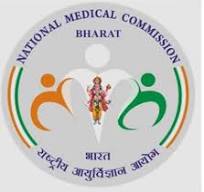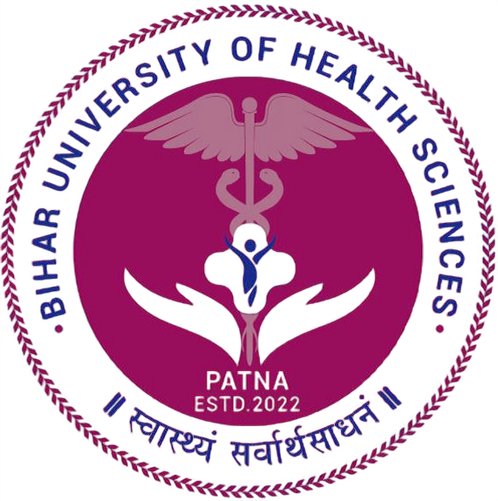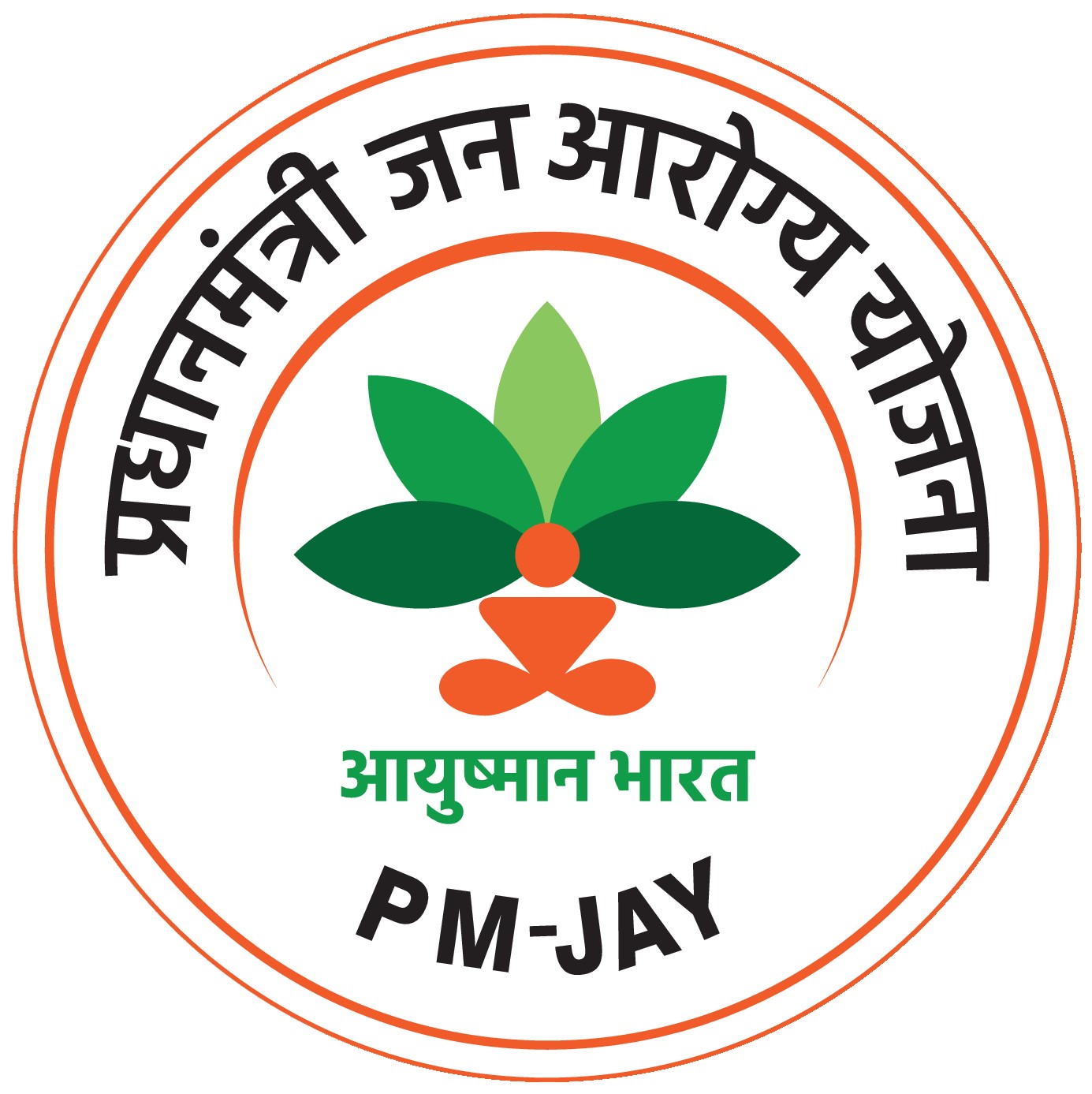Para-Clinical Departments
Bridging basic sciences with clinical practice through specialized medical disciplines
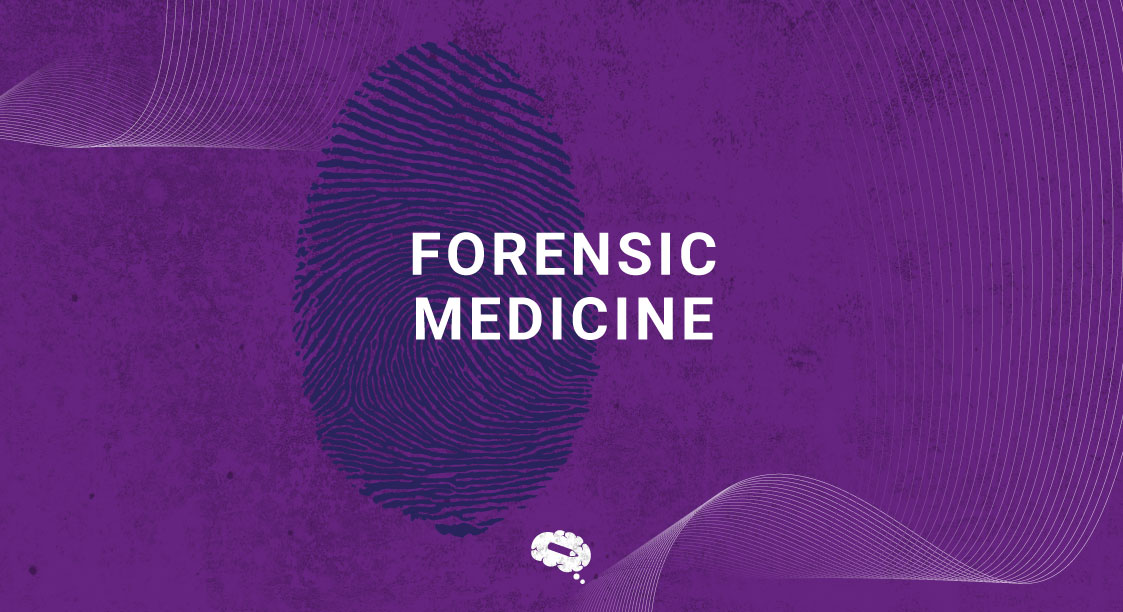
DEPARTMENT OF FORENSIC MEDICINE
Forensic Medicine is the branch of medicine that interprets or establishes the facts in civil or criminal law cases, the applied use of medical knowledge or practice, especially pathology, to the purposes of the law, as in determining the cause of death. Also called: medical jurisprudence or legal medicine.
Our Forensic Medicine Department enables the students to conduct a medico-legal investigation of postmortem cases, casualty cases and clinical needs. Most modern mortuary, museum, wax models, charts and bones arrangements are depicted in the department for teaching purpose.
Department Aims:
- To produce a Doctor who is well informed about medico-legal responsibilities during the practice of Medicine
- To make students acquire knowledge of the law in relation to medical practice, medical negligence and respect for codes of medical ethics
- To enable medical students to make observations and infer conclusions by logical deductions in criminal matters
- To create interest in research related to various medico-legal problems
Our Forensic Facilities

Modern Mortuary
State-of-the-art facility for postmortem examinations

Forensic Museum
Extensive collection of specimens for educational purposes

Forensic Laboratory
Advanced equipment for forensic analysis and research
DEPARTMENT OF MICROBIOLOGY
Microbiology is the scientific discipline that examines microbes and microbial diseases. Microbes, small organisms that require microscopic tools for visualization, encompass bacteria, viruses, fungi and parasites. The discoveries of microbes and the realization that they represent causative agents of human, animal and plant diseases have transformed biological sciences and established the very broad foundations of molecular medicine.
Our department is dedicated to providing quality education through both teaching and research to meet the needs of this growing field. Faculty members pursue research in immunology, virology, microbial ecology and pathology, and microbial genetics through collaborations with various prominent sources.
Research Focus:
- Biology, transmission, immunology and pathogenesis of microbes
- Viruses, bacteria, fungi and parasites that cause disease
- Microbial communities and their interactions
- Development of new strategies for personalized medicine
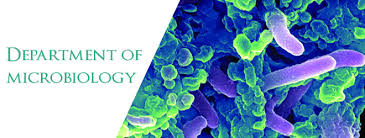
Research Areas
Virology
Studying viral pathogens and developing antiviral therapies and vaccines.
Bacteriology
Research on bacterial pathogens and antibiotic resistance mechanisms.
Immunology
Investigating host immune responses to microbial infections.
Molecular Microbiology
Exploring microbial genetics and molecular pathogenesis.
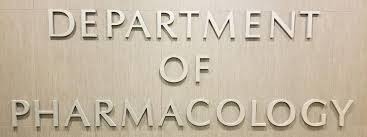
DEPARTMENT OF PHARMACOLOGY
The department caters services to undergraduates of Medicine, Dentistry, Physiotherapy & Nursing faculty. In addition to services for undergraduates, department of pharmacology also shoulders the responsibility of teaching and training students of pharmacology. The department is actively involved in need based research in the applied pharmacology and therapeutics.
As the use of drugs or medicines is one of the principal ways of combating disease, a good physician has to be a good pharmacologist. We focus on "how the drugs work" and "how they can best be used in the treatment of various diseases".
Key Focus Areas:
- Various routes of drug administration and mechanisms of action
- Biological effects, pharmacokinetics and adverse drug reactions
- Therapeutic uses and dosage schedules of medications
- Development of new drugs through scientific research
- Training in rational drug therapy and prescription writing
Our Educational Approach
Experimental Pharmacology
Hands-on training in pharmacological experiments using modern laboratory equipment.
Clinical Pharmacology
Bridging the gap between laboratory science and clinical application of drugs.
Therapeutics
Teaching rational use of medicines and treatment protocols for various diseases.
DEPARTMENT OF PATHOLOGY
Pathology is an exciting discipline that transcends the traditional boundaries between basic and clinical sciences. With advances in molecular biology, the completion of the human genome project, and development of sophisticated technology such as next generation sequencing and proteomics, we are poised to understand the pathogenesis of human diseases at the molecular level.
Our department is dedicated to understanding the basis of disease, to teach this knowledge to others, and to apply our understanding to improve medical diagnoses and treatment of patients. The research goal is to extend our knowledge of the mechanisms of disease, especially at the molecular level.
Research Spectrum:
- Basic research into biological and disease mechanisms
- Translational research bringing experimental science to clinical utility
- Clinical research refining and advancing current medical practice
- Training programs in anatomic, clinical and experimental pathology
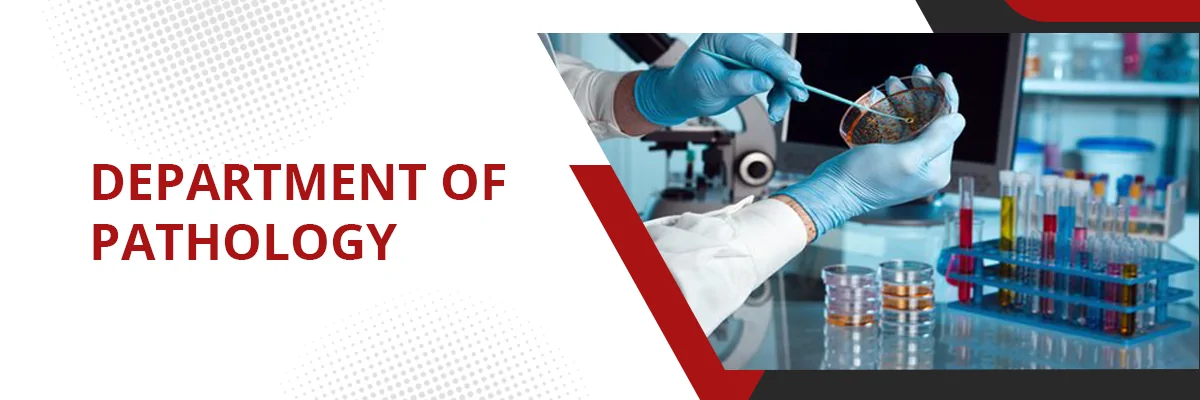
Pathology Divisions
Anatomic Pathology
Diagnosis through examination of surgical specimens, cytology, and autopsy pathology.
- Histopathology
- Cytopathology
- Electron Microscopy
Clinical Pathology
Laboratory analysis of body fluids and tissues for disease diagnosis and management.
- Hematology
- Chemical Pathology
- Immunopathology
Molecular Pathology
Study and diagnosis of disease through examination of molecules within organs, tissues or body fluids.
- Genetic Testing
- Molecular Diagnostics
- Genomic Medicine
